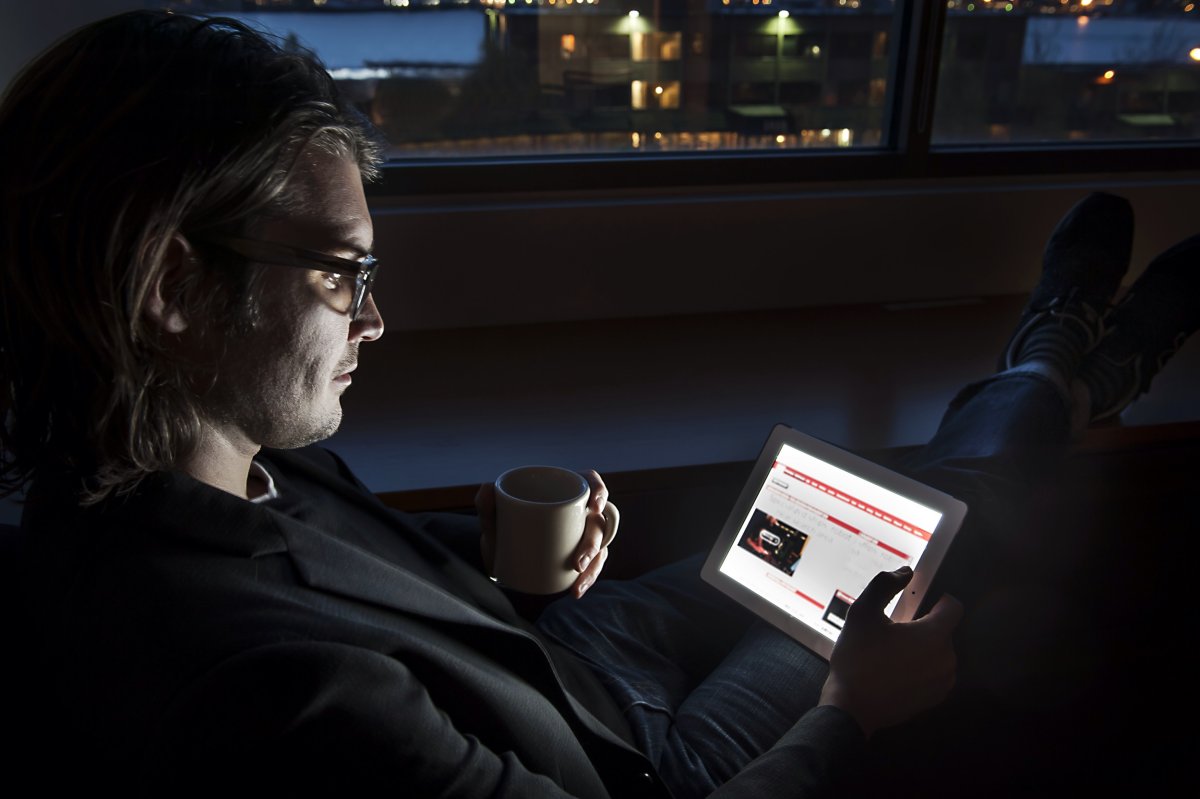Gen Z-ers started their careers during the age of remote work, when the pandemic mandated stay-at-home orders and Zoom work meetings.
But a new study found the younger generation has no desire to stay in that remote work age. According to the survey by Seramount, a professional services and research firm, only 11 percent of Gen Z workers want to be fully remote. That's significantly lower than older workers, at 34 percent.
Altogether, 74 percent of Gen Z workers said they preferred some type of hybrid work arrangement, compared to just 52 percent of non-Gen Z-ers.
Gen Z, which consists of those born between 1997 and 2012, has been growing in size in the U.S. workforce, with the U.S. Bureau of Labor Statistics predicting one-third of American workers will be Gen Z by 2029.
But since the oldest Gen Z-ers entered the workforce during the time of the coronavirus pandemic, many myths have persisted about this younger generation, the report said.
"They're lazy and they don't want to work. They don't want to advance. They have no loyalty and all they care about is money. They don't want to come into the office," reads a long list of commonly heard complaints and myths about Gen Z in the Seramount research report.
While some HR leaders have worried return to the office initiatives will drive Gen Z to quit, the numbers say Gen Z actually wants to be in the office.
"Whether or not it's a sidebar conversation with their manager, the chance to talk to another coworker in another department or just to absorb how people talk, think, react and innovate in real time, we see that Gen Z tends to have the most appreciation and desire for that which is really lost in full remote situations," Daniel Space, the founder of the HR Vault, told Newsweek.
While looking for flexibility at their companies, they'd still prefer the option of hybrid and office work rather than solely remote work compared to their older counterparts.
Space said he's witnessed many Gen Z-ers feel not as developed or skilled enough for a promotion after working the majority of their careers remotely. Other generations already have the experience on their belt and might prefer the flexibility remote work entails while not worrying about how it will affect their next promotion.
"The other generations have had this already and feel like they've dedicated years, if not decades to long commutes, long nights in the office, having to work weekends, and therefore treasure the flexibility and ability to make something of their own hours and ability to work on their own terms without being committed and chained to an office," Space said.
Gen Z was also not likely to be less motivated or more salary-driven than the rest of the workforce, the report found.
Around 45 percent of Gen Z participants said they were inspired to work hard at their company, the same percentage as other respondents. Similarly, Gen Z and non-Gen Z were around equally as likely to say salary was the most important aspect of a job, at 51 and 47 percent respectively.
But whereas other generations might not gain as much from the social aspects of an office, for Gen Z, this can be a defining part of their early careers.
"For professional development purposes, it is paramount that they have it as a building block for their future professional growth," David Lewis, the CEO of HR consulting firm OperationsInc, told Newsweek.

"In most offices, the youngest employees and recent grads are learning as they go given their lack of experience, and that learning comes from being exposed hourly to others who are more experienced... The remote work revolution has robbed many of this critical learning opportunity."
Due to this, some Gen Z-ers might be less prepared to move up in their careers as their talent is stunted based on when they entered the workforce.
"The younger generation loved the idea of working from home, but they are starting to realize what they are missing," finance expert Michael Ryan, who runs michaelryanmoney.com, told Newsweek.
"Networking simply isn't the same over Zoom. The casual collisions in the office kitchen or impromptu brainstorming sessions enable the relationship building so vital for rising professionals."
Uncommon Knowledge
Newsweek is committed to challenging conventional wisdom and finding connections in the search for common ground.
Newsweek is committed to challenging conventional wisdom and finding connections in the search for common ground.
About the writer
Suzanne Blake is a Newsweek reporter based in New York. Her focus is reporting on consumer and social trends, spanning ... Read more
To read how Newsweek uses AI as a newsroom tool, Click here.





